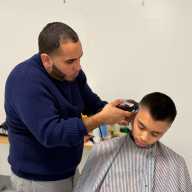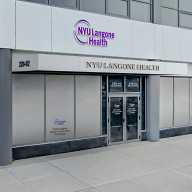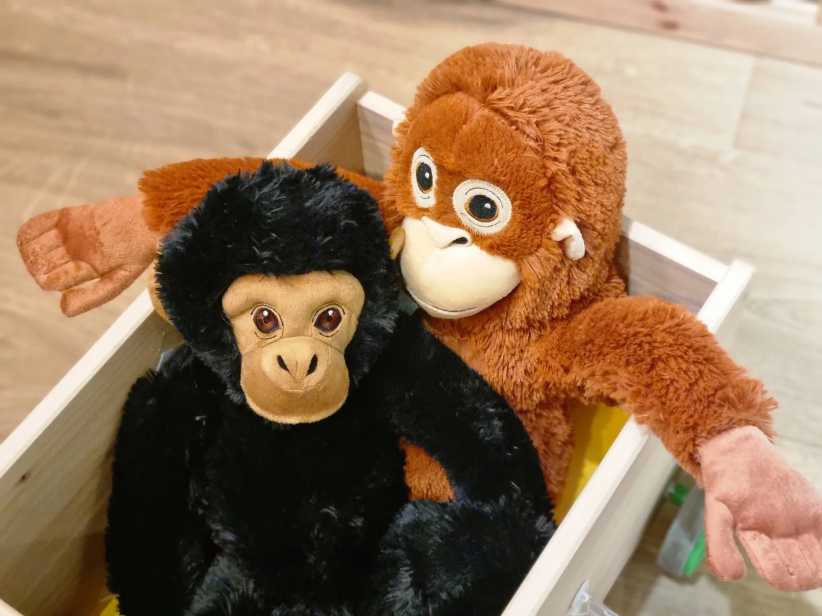Read Related Article #1: What is being done today
Read Related Article #2: QCC Holocaust Resource Center
Read Related Article #3: Survivor Profile: Steven Berger
Read Related Article #4:Survivor Profile: Eva Kessner
Read Related Article #5: Tracing history: DNA Shoah Project seeks to reconnect kin
Read Related Article #6: 60 years from now: Maintaining the legacy of the Holocaust
Read Related Article #8: More resources on the Holocaust
Read Related Article #9: About the “Legacy of the Holocaust” series
Life for Ethel Bauer Katz and her family changed dramatically when Hitler came to power, going from a happy life in Buczacz, Poland to a war spent in hiding with the loss of all of her relatives.
Katz and her twin brother were born on July 3, 1922. She also had an older sister and set of twin younger brothers.
First the Russians came to her city. Katz said that although conditions were bad, they were at least not being killed. The Germans came to the city on July 5, 1941. Soon the Jews were being forced to wear armbands, their stores and synagogues were closed, they were not allowed to go to school or use public buildings, were given a curfew, and were assigned jobs to do.
On August 25, an order came down for all men between the ages of 18 and 50 to report to the police station to register before 6 p.m. under penalty of death. Katz’s twin brother left, saying he’d be back in about an hour. A selection was made and men were put in prison until 3 a.m. when they were taken to a forest and shot.
“We never saw him again,” Katz said. “We heard the machine guns. We did not want to believe it.”
When the ghetto was liquidated in June of 1943, Katz, her father, sister and two younger brothers went to stay for a brief time at the farm they used to live in outside the city. They later found refuge in a tiny shack for a week.
Next, the family discovered an abandoned house in a village where they were able to stay. When the owner came back in the summer, they once again had to leave and began staying in grain fields, regardless of how dangerous it was. They ended up back at their old farm, although everything but their actual house had been leveled.
“We thought by that time we’d survive,” Katz said.
In February of 1944 Katz said she and her family began to hear planes flying over head, and her brothers began to get excited as the thought they would soon be free. However, on March 8, their house was surrounded and they were captured. Katz and her brothers escaped through a window and began running. She felt a blow to the back of her head and lost consciousness. When she did wake up, she saw a soldier standing over her so she pretended she was dead.
“They took the whole family half a mile behind the house on the lawn and shot them there,” Katz said. She continued, “Two weeks later, the Russians liberated the area - two weeks too late.”
The liberation was short-lived as Germans occupied the area again, forcing people to go back into hiding. In the former home that she had returned to, Katz found a false wall that she hid behind, even while German soldiers occupied the rest of the house.
The town was liberated by the Russians a second time on July 22, 1944. Katz came to the United States on January 24, 1947. She married, had three children and now has one grandchild. In 2000, her book about her experiences, “Our Tomorrows Never Came,” was published.





























